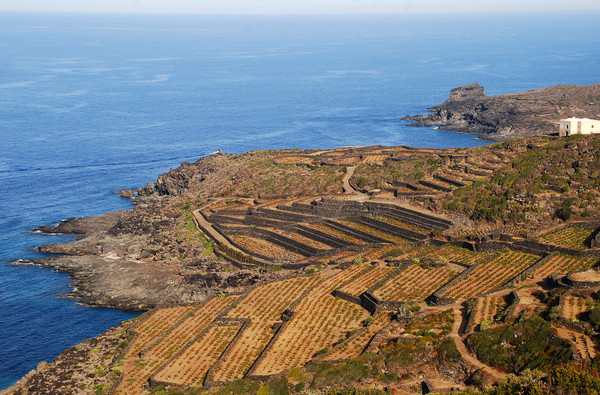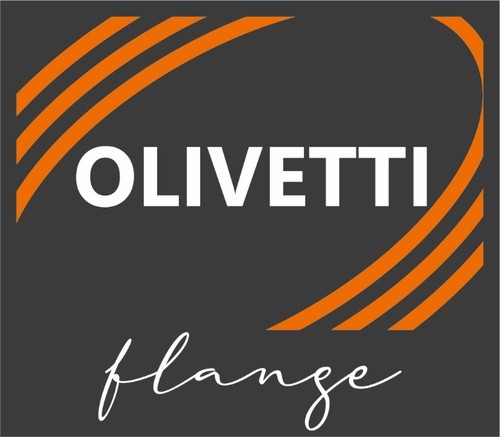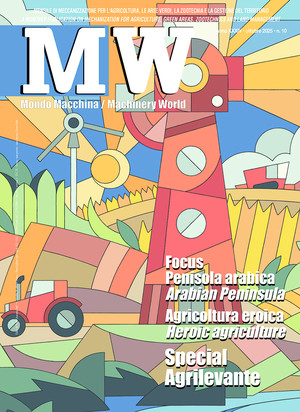
Mediterranean islands, an open-air laboratory
The thousands of islands in the Mediterranean, 800 of which in Italian waters, generate high quality and highly typical agricultural products. However, the farming is often carried out under difficult conditions, due to the lack of water, the quality of the soil, the slopes, the exposure to the winds, and the difficulty of adapting the machines to the particular agricultural situations. This is the central theme of the conference entitled “Sustainable mechanization and supply chains in the Mediterranean islands”. During the meeting, experimental projects presented to implement circular economy systems
In the Mediterranean Sea there are thousands of islands, not all inhabited (six thousand are surveyed in Greece, of which just over 200 are inhabited). In the Italian territorial waters alone there are 800 of them. The basic business in the island economies, together with tourism and fishing, is agriculture, which is practised in often difficult conditions, due to the lack of water, the quality of the soil, the slopes and the exposure to winds.
Nevertheless, island agriculture, in many cases defined as “heroic agriculture”, generates high quality and highly typical products, also capable of being a tourist attraction.
The fundamental problem of agriculture on the islands is related to mechanization, that is to say, the difficulty of finding means that, due to their size, technical characteristics and propulsion system, can adapt to those particular environments.
This was discussed at Agrilevante, at the conference entitled “Mechanization and sustainable supply chains in the Mediterranean islands”, promoted by FederUnacoma together with Itabia, the Italian Biomass Association.
During the meeting, which dedicated a special focus to the smaller islands and those not connected to the national electricity grid, experimental projects have been illustrated over the years to adapt the mechanical means to the needs of agriculture on the various islands.
Among these, the “Pantelleria project” carried out by the University of Palermo, and the project for the Greek islands carried out by the University of Thessaly, were presented during the conference respectively by Professor Felice Pipitone and Professor Alexandros Papahatzis. In the first case, we worked mainly on mechanical technologies for the cultivation of Pantelleria vineyards and olive groves; in the second on the energy efficiency of the islands.
But the goal of the “Smart Islands” project is even broader, illustrated during the conference by Valentina Cozza, CNR researcher - Atmospheric Pollution Institute. The project aims to create circular economy systems in the islands, in which agricultural activity is part of a clean and self-sufficient environmental context.
An emblematic example of this “circular” approach is the case of the island of Capraia, mentioned by Sofia Mannelli, president of Chimica Verde Bionet.
In particular, Mannelli focused on systems for the use of agricultural waste, technologies for the reduction and sustainable disposal of plastic waste, and rainwater recovery through the use of collection channels and tanks, which are currently being tested in Capraia along with other activities.
“The smaller islands are an open-air laboratory, valuable for experimenting with cultivation techniques and environmentally friendly energy systems - said the president of FederUnacoma, Alessandro Malavolti in his opening address - and testing the inventiveness and design capacity of the Italian industries, which boast a world leadership in technologies for specialized crops and niche products”.








